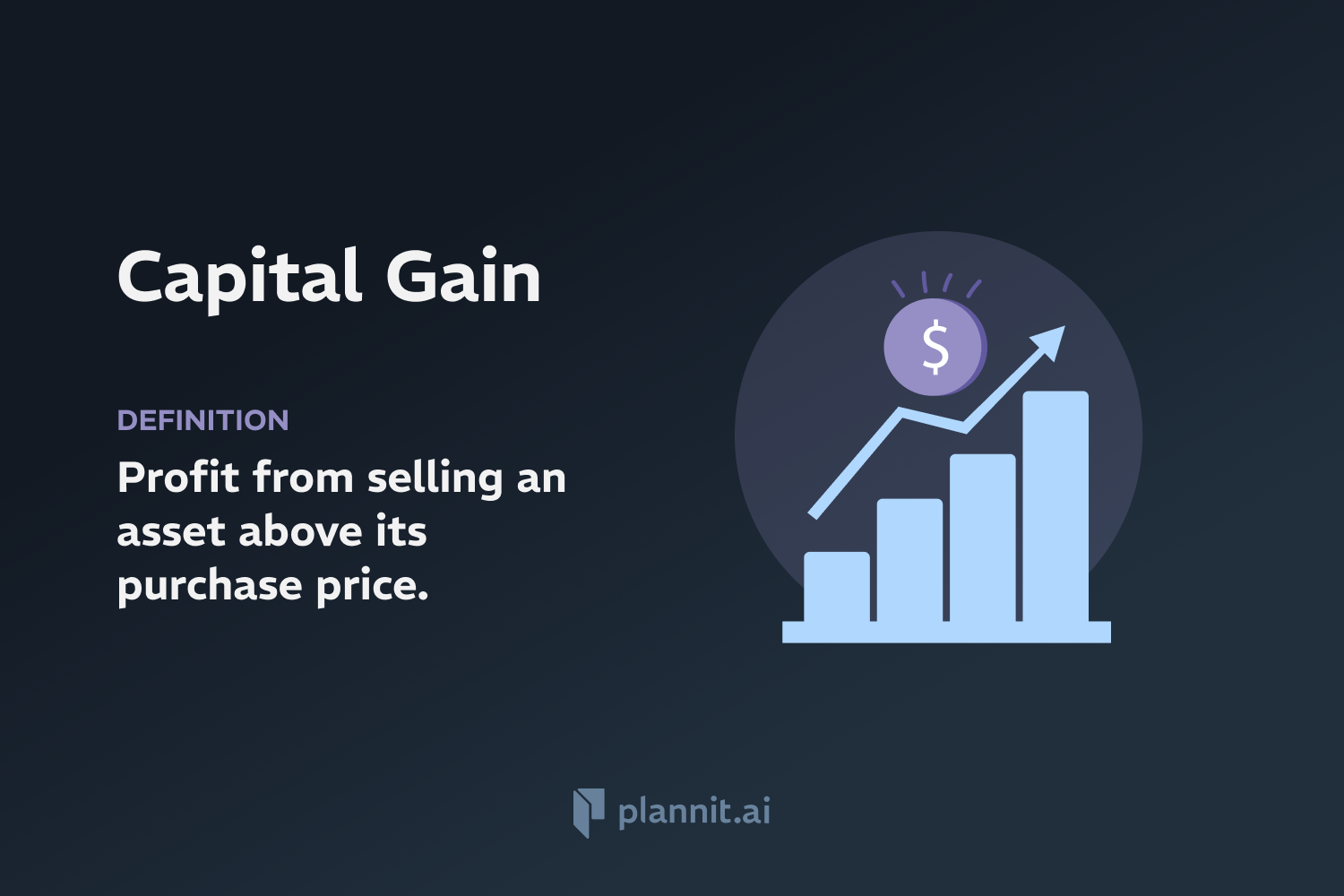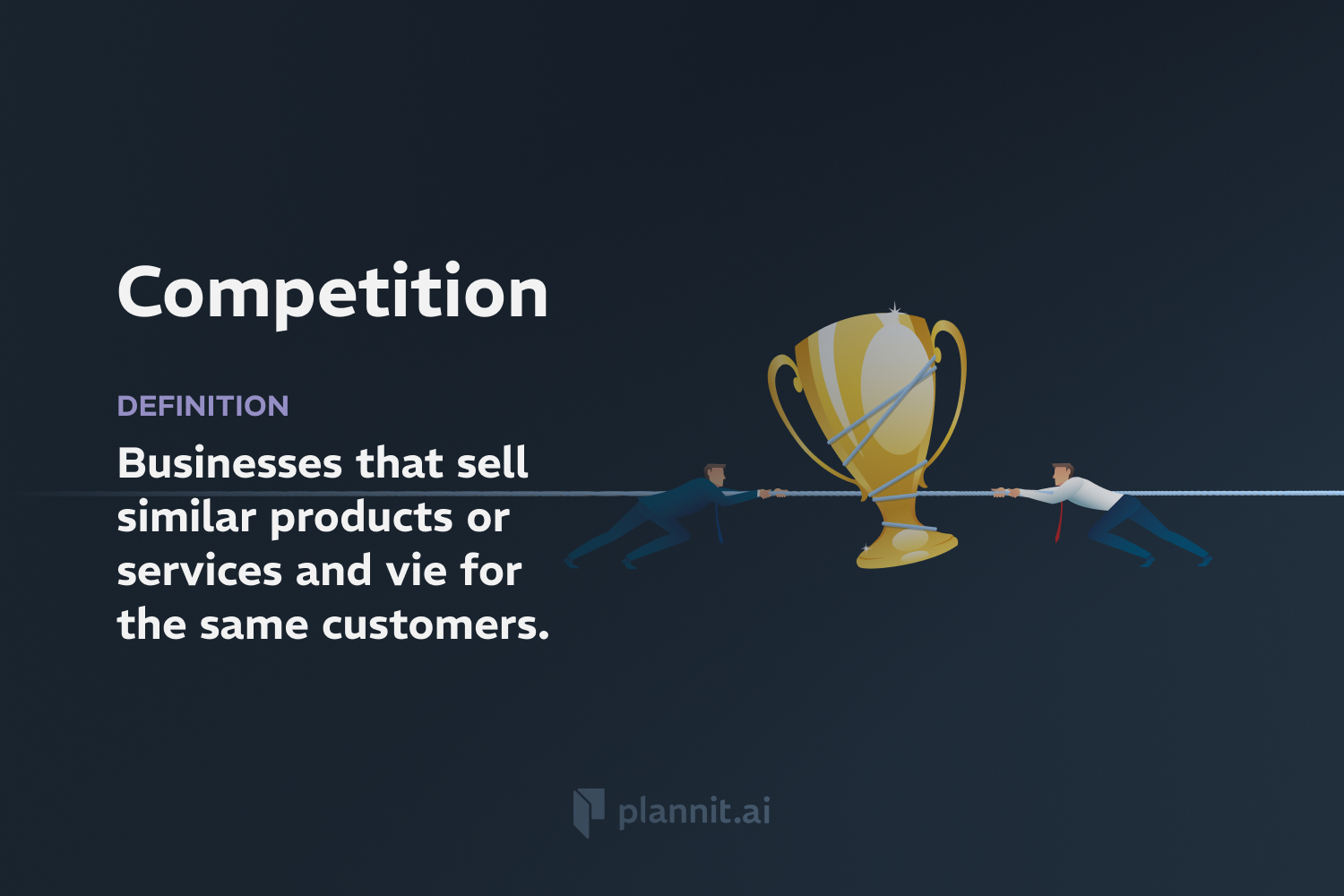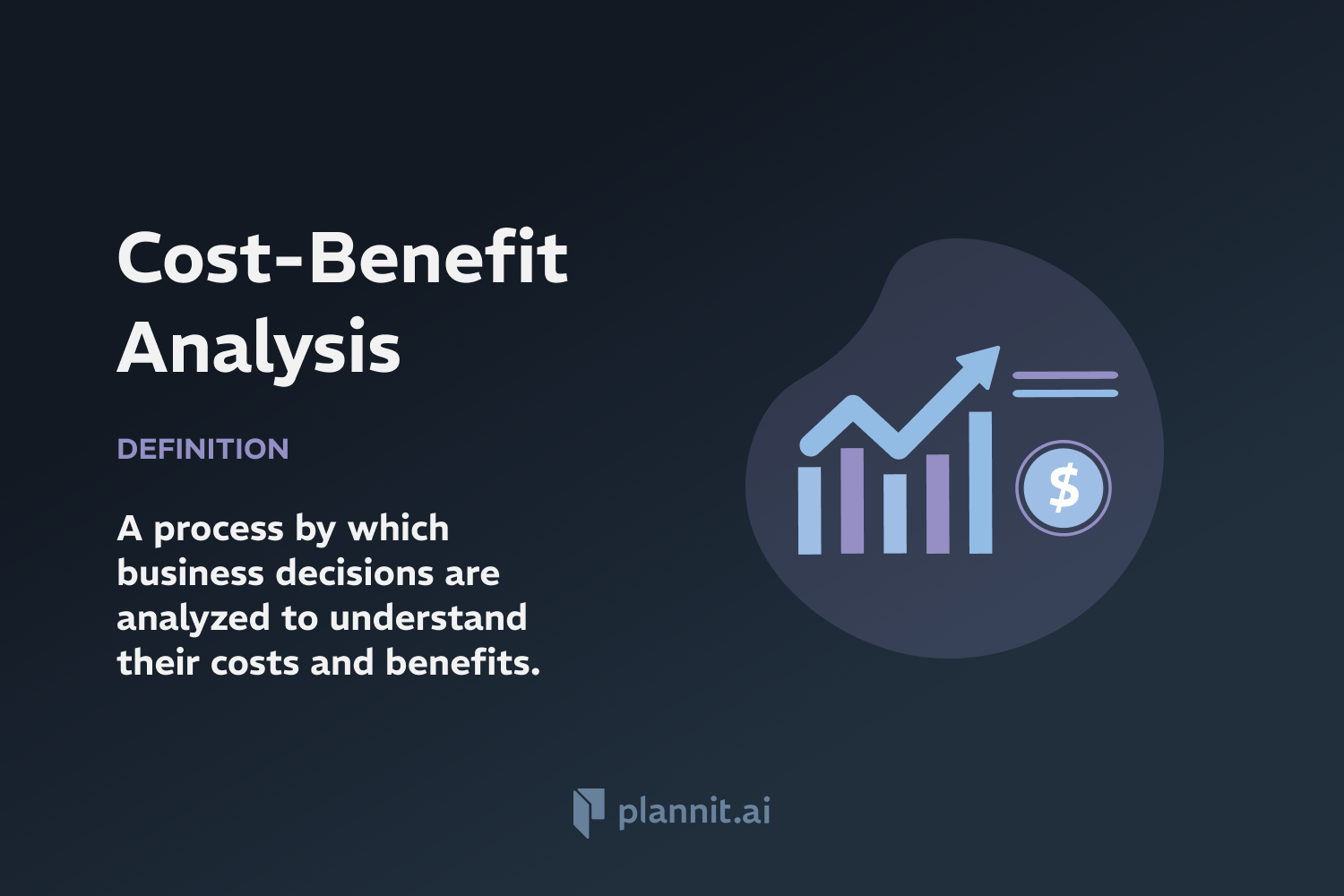Need Help With Your Business Plan?
Answer tailored questions and get a detailed business plan in minutes.
Depreciation: Definition & In-Depth Explanation
Depreciation is an accounting method of allocating the cost of a tangible asset over its useful life. It represents how much of an asset's value has been used up over time, typically due to wear and tear, obsolescence, or age. This concept is crucial for businesses to accurately report the declining value of their fixed assets such as buildings, machinery, and equipment.
Purpose:
The purpose of depreciation is to match the cost of an asset with the revenue it generates over its operational life, in accordance with the matching principle of accounting. This ensures that financial statements provide a fair and consistent view of the company's financial health over time. Depreciation also offers tax advantages by reducing taxable income.
Related Terms:
Amortization: Similar to depreciation but applied to intangible assets, like patents or copyrights.
Salvage Value: The estimated resale value of an asset at the end of its useful life.
Accumulated Depreciation: The total amount of depreciation expense that has been recorded since the asset was placed in service.
Capital Expenditure: Money spent by a business to buy, maintain, or improve its fixed assets, such as buildings, vehicles, equipment, or land.
FAQs:
What are the different methods of depreciation?
Common methods include the straight-line method, declining balance method, and units of production method. Each method differs in how quickly the depreciation expense is recognized over the asset's life.
Why is depreciation not charged on land?
Land is not depreciated because it does not typically wear out over time. Unlike other tangible assets, land generally does not lose value and could even appreciate.
How does depreciation affect financial statements?
Depreciation reduces the value of fixed assets on the balance sheet and reduces net income on the income statement through depreciation expense.
Can the method of depreciation be changed?
Yes, companies can change their depreciation method if the new method better represents the pattern in which the asset's economic benefits are consumed. However, such changes must be justified and disclosed in the financial statements.
What is the impact of depreciation on cash flow?
Depreciation is a non-cash expense; therefore, it does not directly affect cash flow. However, it reduces taxable income, which can decrease tax payments and thus positively impact cash flow.
Get funding with a business plan that will impress investors.
Starting a New Business?



